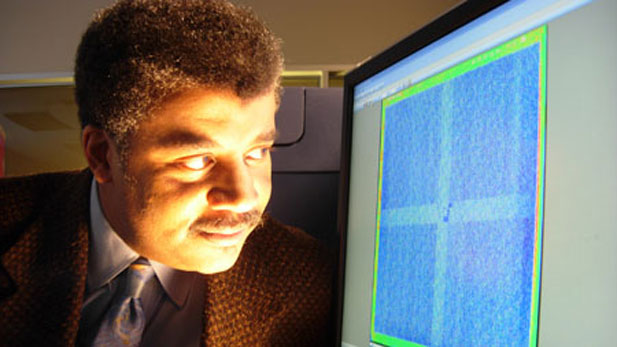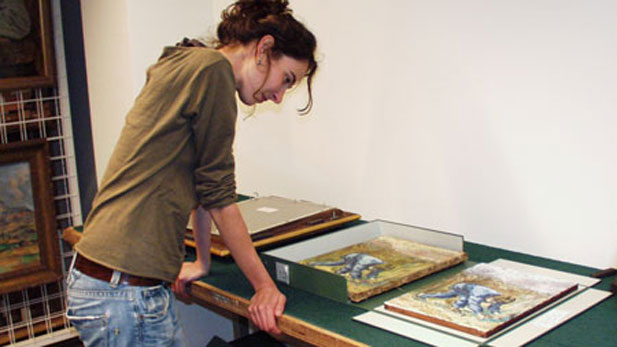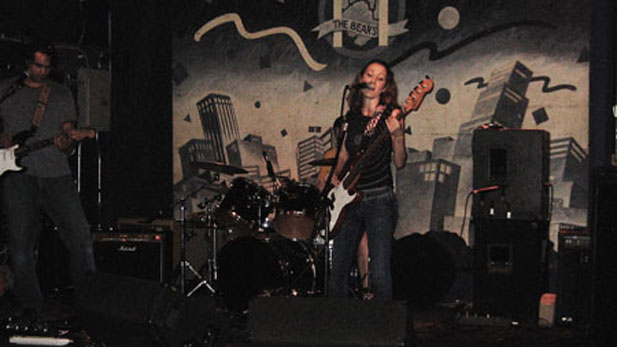
Personal Genome
Several companies now offer a personal genetic profile that will predict a person’s chances of contracting one of several serious diseases. How do such tests work and how valid are they? Furthermore, what should people do with bad news — or good news? The hope is that one day our genomes can predict exactly who is likely to get sick and what to do to prevent it. But this new era will have to wait until scientists fully untangle the web of genetic and environmental factors that cause most human disease.

Digital Art Authentication
Vincent van Gogh has inspired several talented artists to turn their hands to forgery. Can computers be used to identify which works are really his? To find out, NOVA scienceNOW commissioned an expert to make a meticulous copy of a Van Gogh painting, and then challenged three different computer teams to find the imitation in a group that included five genuine Van Goghs. Can digital scans plus clever algorithms unmask the fake?
Carbon Sequestration
ICan an eighth grader’s science fair project show the way to dealing with rising levels of carbon dioxide in the atmosphere? Claire Lackner used an aquarium pump to circulate air through a solution of sodium hydroxide, capturing much of the carbon dioxide in her air sample. The simple experiment got Claire’s father, Klaus, thinking: “Could such a principle be applied on a mass scale?” NOVA scienceNOW explores the daunting research challenges that have to be met before such technology can begin to make a dent in atmospheric carbon dioxide.

Pardis Sabeti Profile
By day, Pardis Sabeti is an assistant professor at Harvard University and a researcher on the genetics of malaria. By night, she and her band Thousand Days play the clubs around greater Boston. The group’s EP “Headlight Waves” won Sabeti honorable mention in the Billboard World Song Competition. She has traveled to Africa to study how the malaria parasite interacts with its human hosts. One powerful new tool is the complete map of the malaria parasite’s genome, which Sabeti is searching to understand how the parasite develops resistance to the drugs used to fight it.
See previews and find out more at pbs.org
Watch it Wednesday, July 2nd at 9 p.m. on KUAT6 & KUAT-HD

By submitting your comments, you hereby give AZPM the right to post your comments and potentially use them in any other form of media operated by this institution.